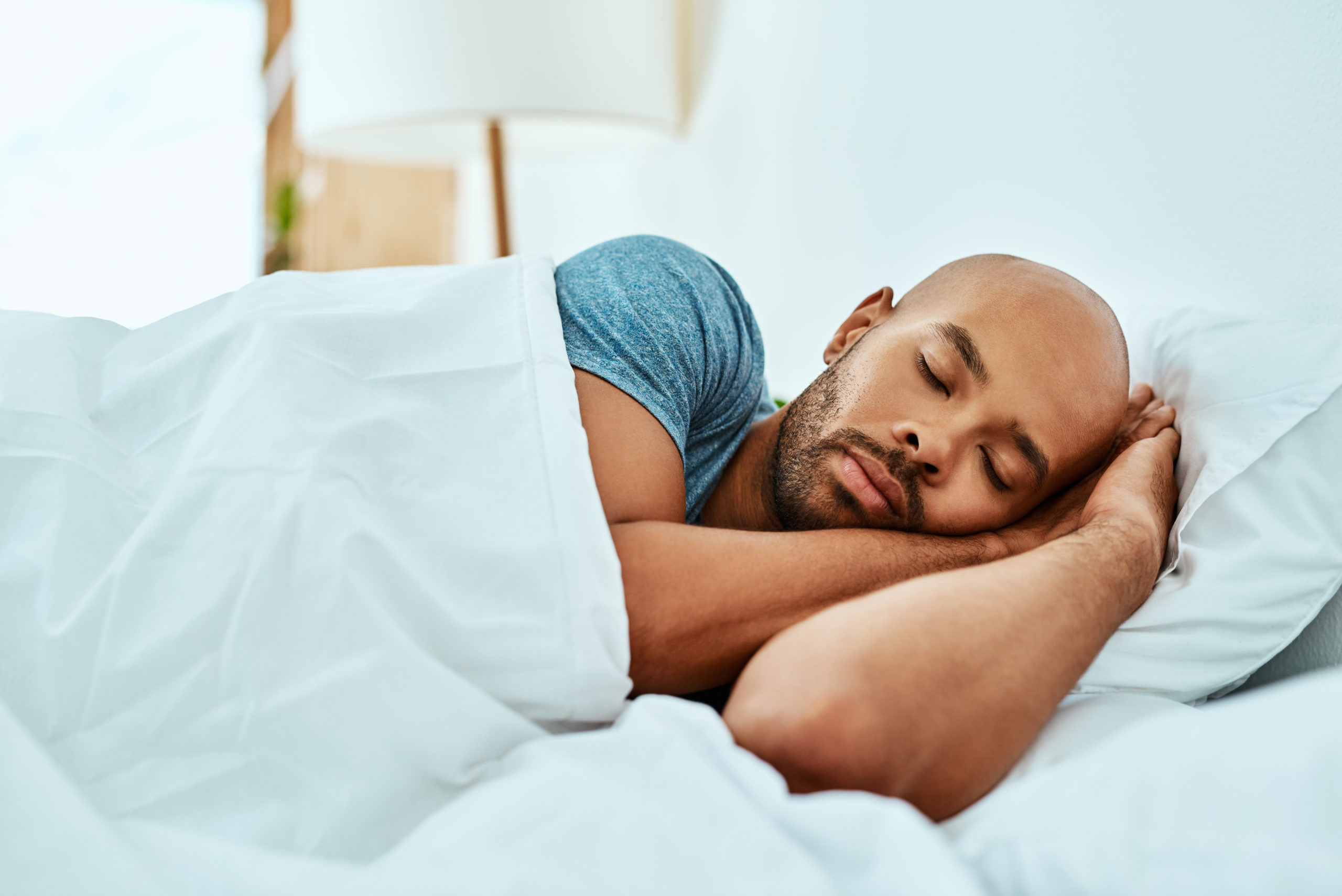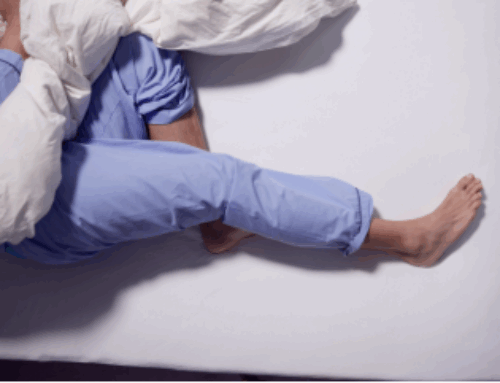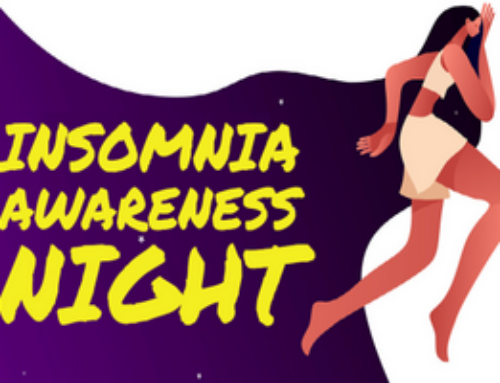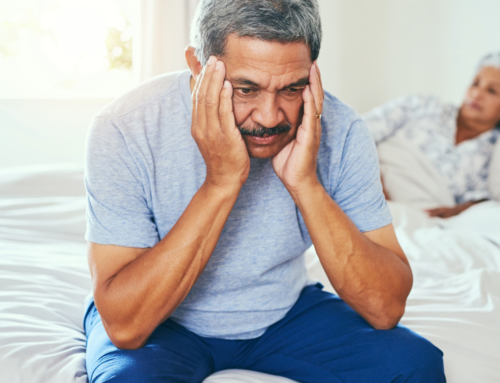There are many men who are unable to get quality sleep even though they spend enough time in bed each night. It may take them a long time to fall asleep. Their sleep may be disrupted and broken. They may sleep through the night but still feel tired the next day.
These are all signs of sleep disorders that are common to men. Most men who have a sleep disorder are unaware of it. Even when they are aware, many times they will not seek help for it. Detecting and treating a sleep disorder can cause a dramatic improvement in your sleep. This will allow you to sleep your best at night and feel your best during the day. The most common sleep disorders that affect men include the following:
Sleep apnea
Sleep apnea occurs when the tissue in the back of the throat collapses during sleep. This keeps air from getting into the lungs. This is very common, because the muscles inside the throat relax as you sleep. Gravity then causes the tongue to fall back and block the airway. It can happen a few times a night or several hundred times per night.
These pauses in breathing briefly wake you up and disturb your sleep. This can cause you to be very tired the next day. Men are twice as likely as women to have sleep apnea. Being overweight and having a large neck size also greatly increase your risk. These men have more fatty tissue in their throat that can block their airway.
The primary signs of sleep apnea are daytime sleepiness and loud snoring. Snoring is due to a partial blockage of the airway during sleep. It tends to increase as you age. There is a range of snoring from simple to severe. Simple, primary snoring is “normal” and is mostly harmless. But loud, severe snoring with gasps and snorts is a cause for concern. Many men do not even know that they snore. It is often a spouse or bed partner who detects the loud snoring problem.
Sleep apnea may make it hard for you to think or concentrate during the day. If left untreated, it may also put you at risk of heart or lung disease, high blood pressure or diabetes.
Talk to your health care provider if you snore loudly and are often tired during the day. She may refer you to a sleep specialist to find out if you have sleep apnea. Losing weight and sleeping on one’s side may help in some mild cases of sleep apnea. Severe sleep apnea requires medical treatment.
CPAP (continuous positive airway pressure) is the most common way to treat sleep apnea in adults. CPAP provides a gentle and steady flow of air through a mask that is worn over the nose. This keeps the airway open and prevents pauses in breathing as you sleep. Surgery or the use of an oral appliance (like a sports mouthguard) may be a better option for some people.
Narcolepsy
If you have narcolepsy, you may experience bouts of extreme sleepiness. It can also cause you to suddenly lose muscle tone. These attacks can happen while eating, walking, or driving. Narcolepsy usually starts between the ages of 12 and 20 and can last for your entire life. It does not get better without treatment.
Talk to your doctor if you are so tired that you feel you might fall asleep at any time. She might refer you to a sleep specialist to find out if you have narcolepsy. Medications can be used to treat narcolepsy and help you have a more normal pattern of being asleep and awake.
Delayed sleep-wake phase disorder
Busy work and social schedules can cause some men to get in the habit of going to bed very late. Delayed sleep-wake phase disorder is when you can only fall asleep a couple hours or more later than normal. This also causes you to have a hard time waking up early in the morning.
Your internal body clock makes you feel sleepy or alert at regular times every day. Everyone’s body has this natural timing system. A consistent habit of staying up and sleeping late can throw off the timing of your body clock. This can prevent you from being able to fall asleep at a decent time.
To correct delayed sleep-wake phase, try to avoid bright light in the late afternoon and evening. Keep the lights in the house dim and make your bedroom dark when you go to sleep. Then get plenty of bright sunlight in the morning and early afternoon. This will help to keep your body clock set at the right time. The key is for your eyes to see the light. They send the signals to your brain that will be used to set your body clock. Your skin does not need to be exposed to the sunlight.
Jet lag disorder and shift work disorder
Your work conditions can also cause you to have jet lag or shift work disorders. Men who often travel long distances by airplane may have jet lag. A long trip quickly puts you in a place where you need to sleep and wake at a time that is different than what your internal body clock expects. Your body clock does not have time to adjust right away to a new location due to the speed of the travel. This makes it very hard for you to sleep well.
Men who work rotating, early morning or night shifts often suffer from shift work. Your schedule requires you to work when your body wants to sleep. Then you must try to sleep when your body expects to be awake. This causes you to have trouble sleeping and to be severely tired.
The use of melatonin supplements has been shown to help some people who have jet lag. Melatonin is a hormone that is released by the brain at night. It seems to play a role in making you sleepy.
Light therapy may also help someone with jet lag or shift work. Light therapy is used to expose your eyes to intense amounts of light. This occurs for a specific and regular length of time. This light is meant to affect your body clock in the same way that sunlight does. Talk to your doctor to see if either melatonin or light therapy might help you sleep better.
Inadequate sleep hygiene
Inadequate sleep hygiene might also be called “bad sleep habits.” It involves the things that you normally do every day. These habits keep your sleep from being refreshing. They can also keep you from feeling alert during the day. These activities are all things that you should be able to control. They include such things as drinking alcohol or caffeine at night, taking long naps during the day, or keeping an irregular sleep schedule. A sleep specialist can use behavioral therapy or sleep hygiene training to help you overcome these bad habits.
Related:
Authored by:
Thomas Heffron





